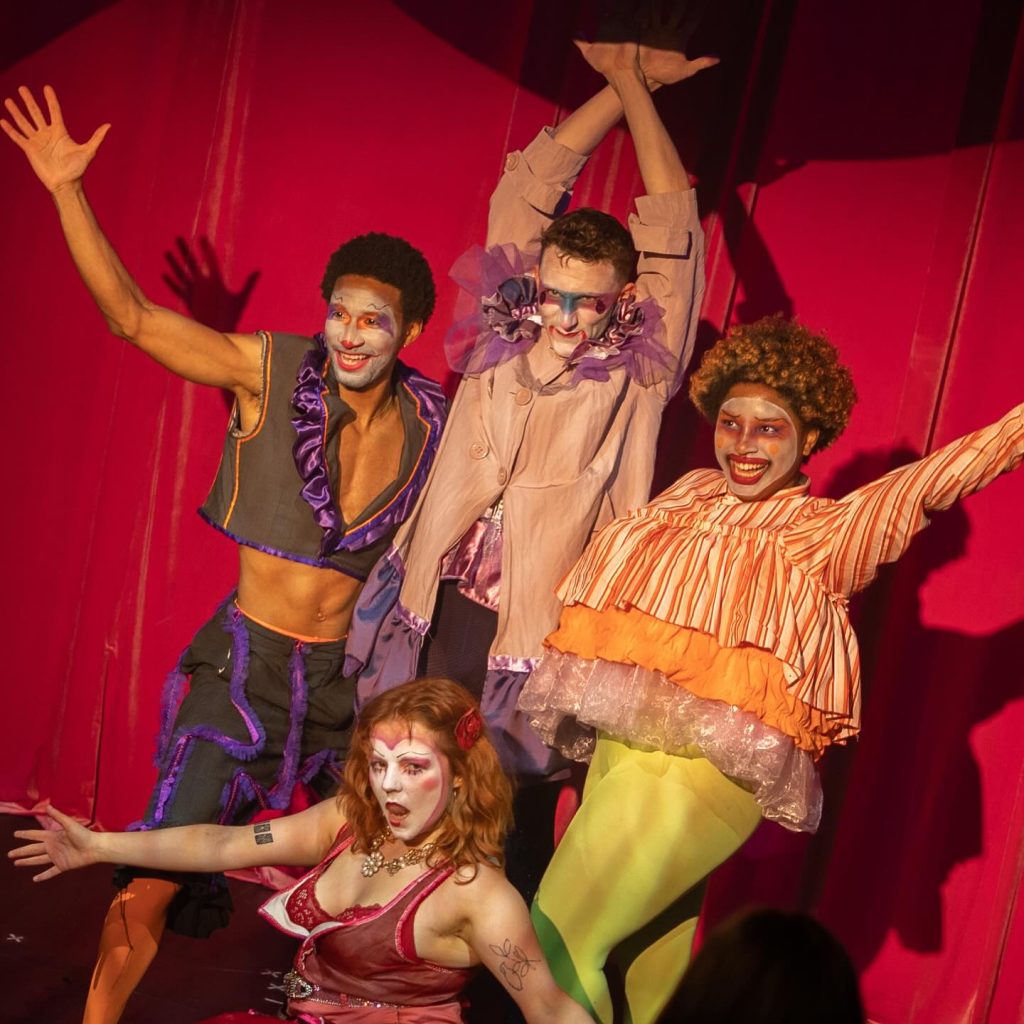 (4 / 5)
(4 / 5)
No story about the Holocaust is ever the same. We think we know the basics, we know what happened and continue to be appalled. But story after story comes to us, with each being ever so different to the last, each so horrific and heroic and unfathomable.
The Happiest Man on Earth, based on the best selling memoir by Eddie Jaku, a holocaust survivor, is brought to the stage in this fantastic one man show. From childhood to adulthood, we are taken through Jaku’s life from the happiest to the most horrific.
Kenneth Tigar who plays Jaku, firstly comes in and interacts with us, ad-libbing on the spot and not only making us comfortable but also chuckle. He is friendly and lovely and this sets us up, within a cocoon of security, for him to deliver the spine tingling tale. Tigar somehow delivers the entire, highly theatrical production with a way that feels like he is speaking to each of us individually. He makes eye contact, letting us see the range of emotions, deep from his soul. It’s so easy to forget, this isn’t his story. He delivers it so vulnerably, so intimately and so candidly.
While Tigar is the only performer, sometimes switching from himself to other characters with subtle voice and physical changes, the set and the making of different locations and atmosphere is represented through minimal staging and a range of soundscapes and lighting. It does the right amount of adding to Tigar’s performance but also elevating it theatrically. It gives you shivers and envelopes you within these different spaces and transports you to the range of humble places to the depths of hell.
The Happiest Man on Earth is a fantastic production, delivering a high theatrical performance without taking away the main essence and reality of Eddie Jaku’s life. This is not only down the the fantastic and subtle staging but also to the personable performance by Kenneth Tigar.

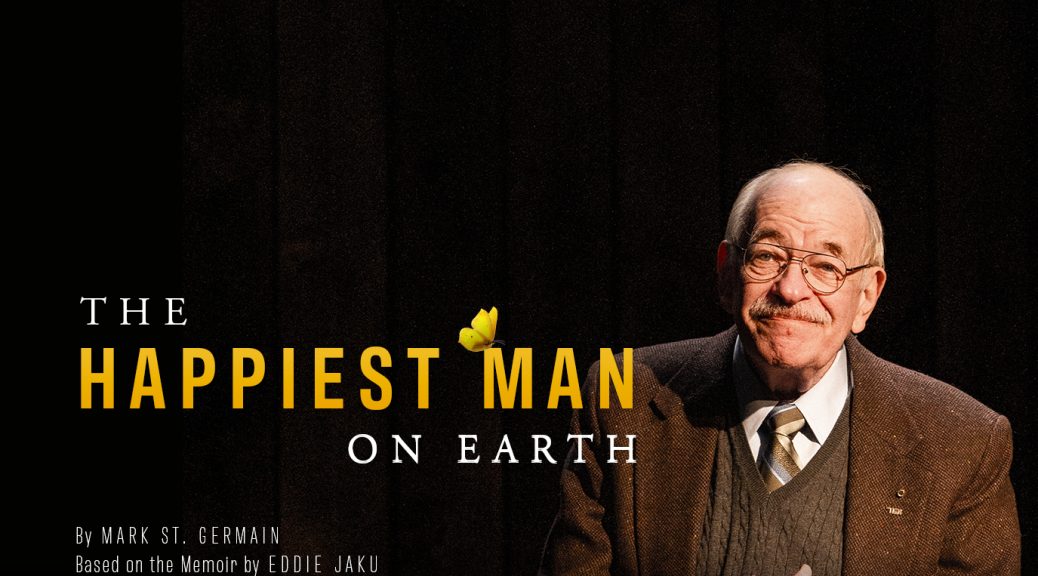
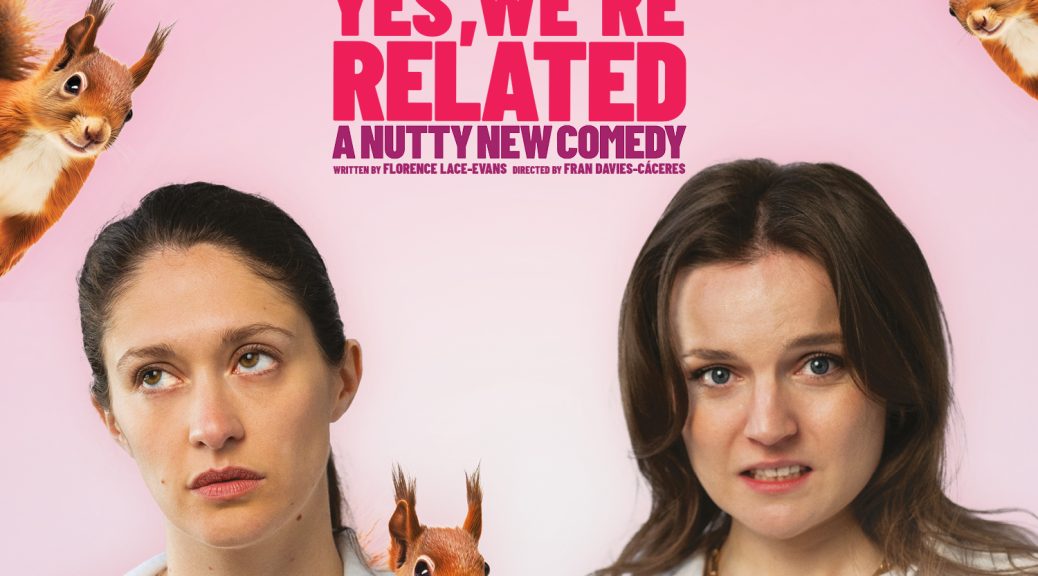
 (3 / 5)
(3 / 5)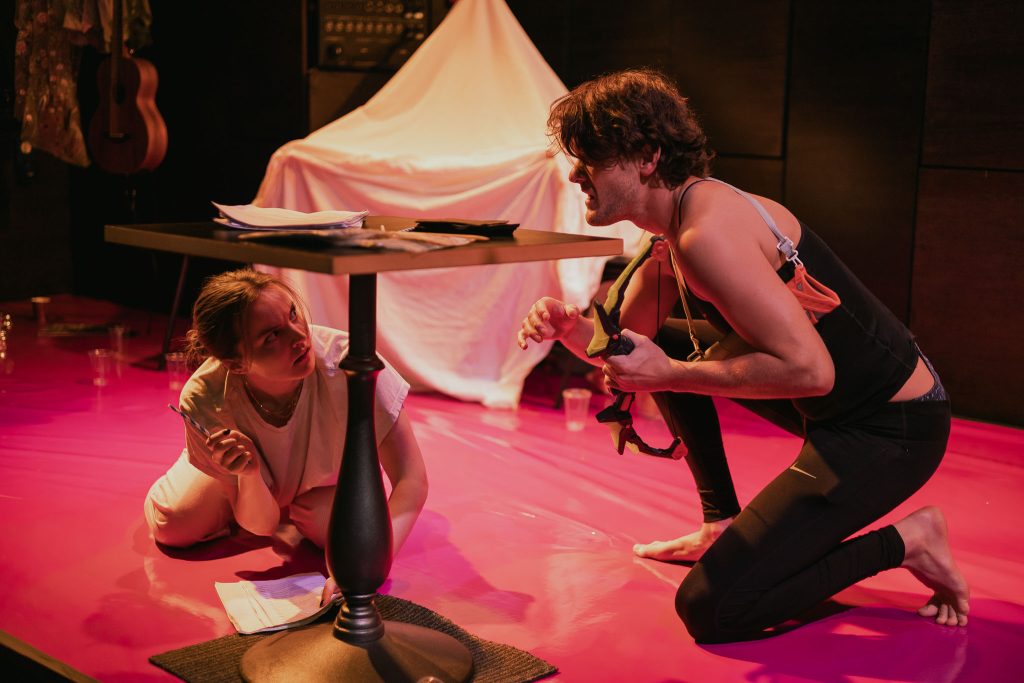
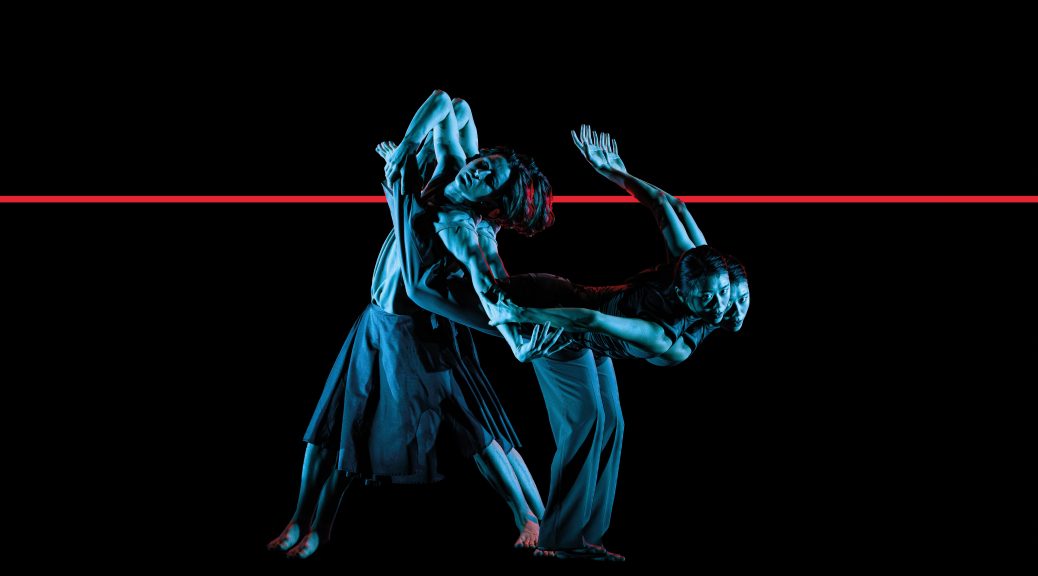
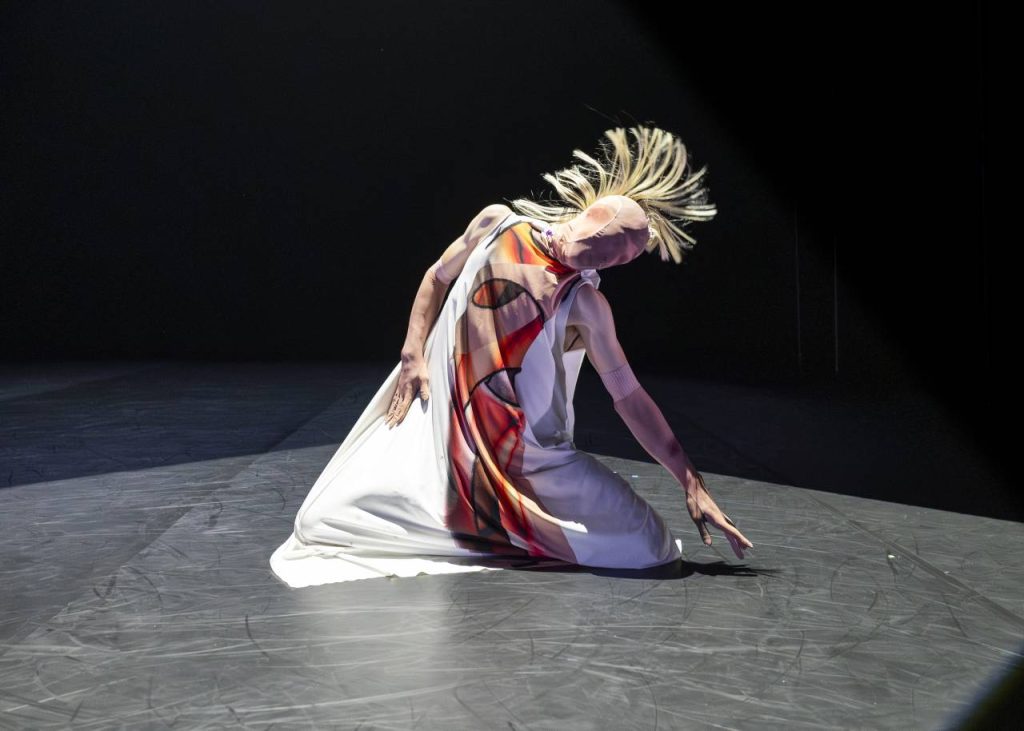
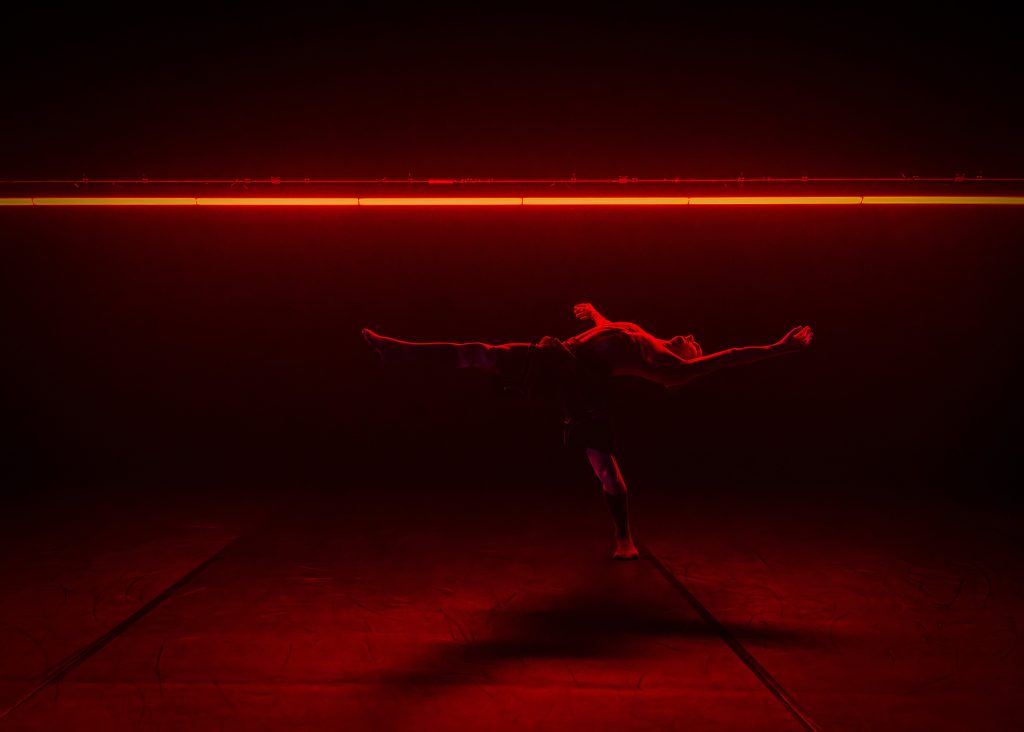
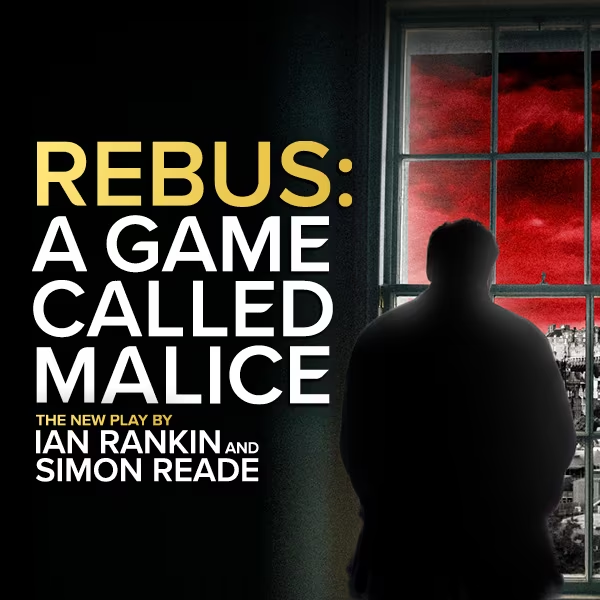


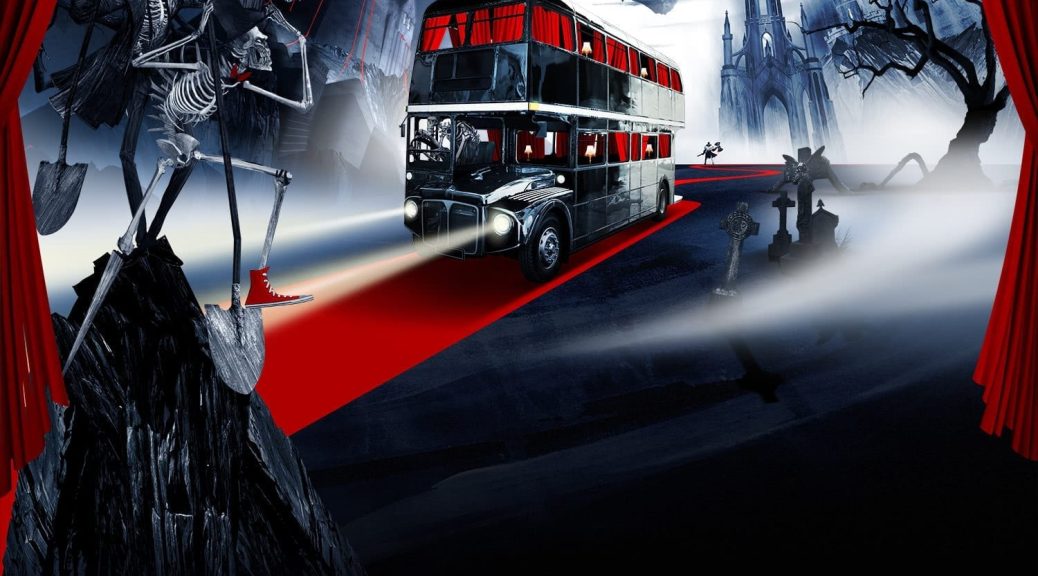
 (2 / 5)
(2 / 5)

